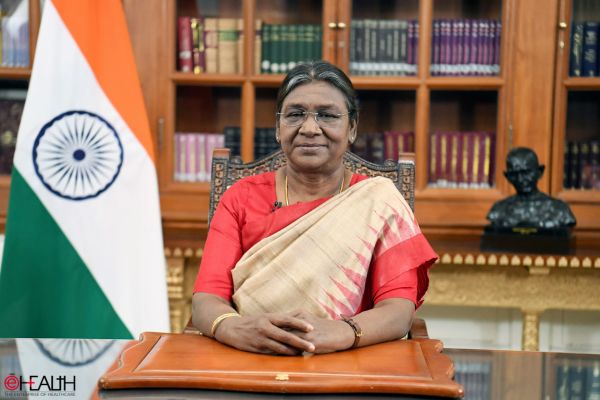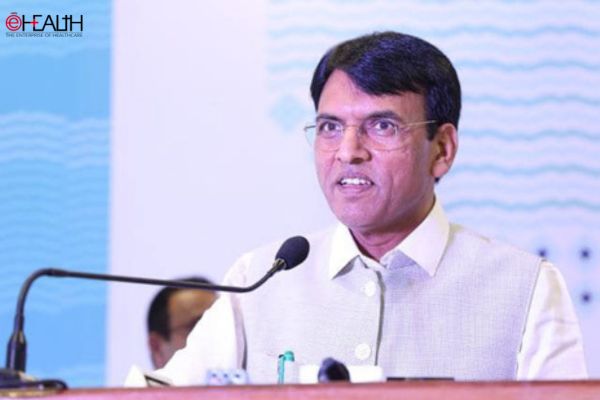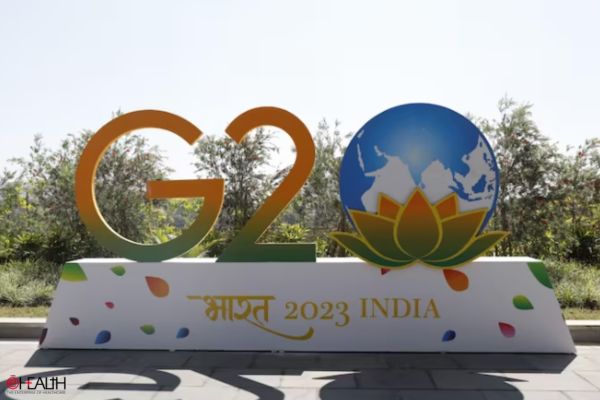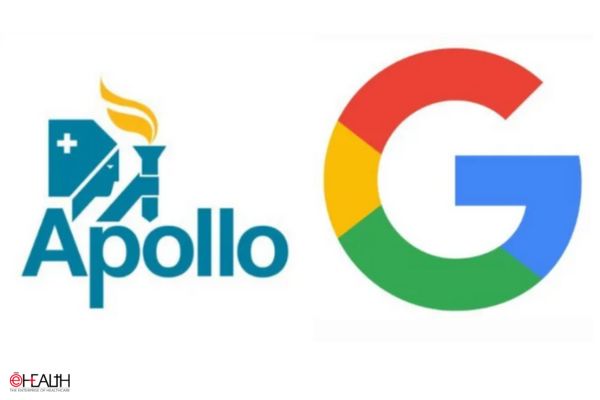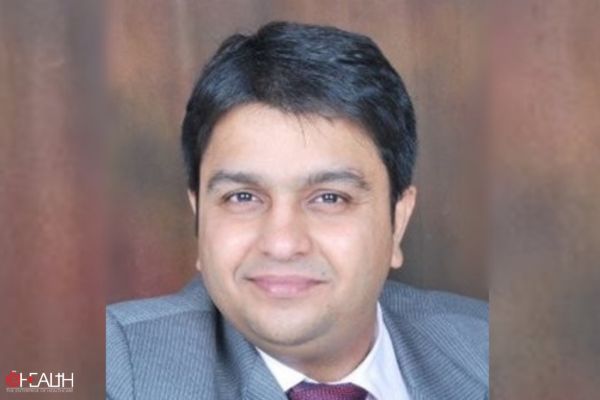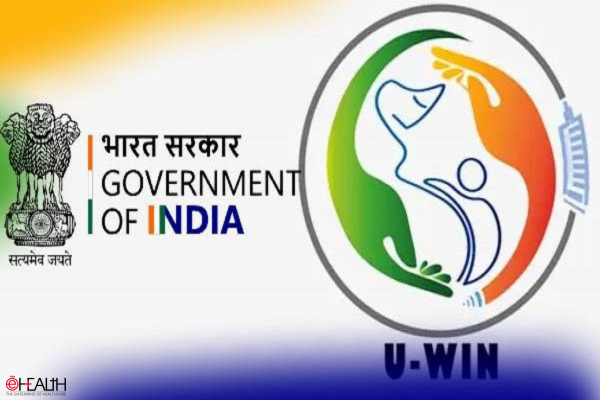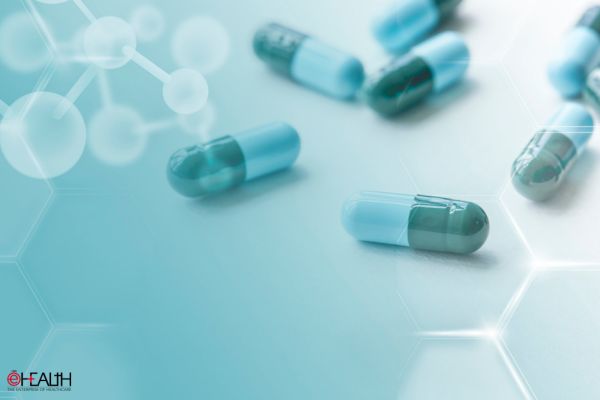Abbott launches next-generation heart rhythm management devices in India
Abbott has launched its new implantable cardioverter defibrillator (ICD) and cardiac resynchronization therapy defibrillator (CRT-D) devices, bringing the most advanced heart rhythm management capabilities along with a new set of benefits to people in India with abnormal heart rhythms and heart failure.
The devices offer new opportunities for patient engagement and remote monitoring through smartphone connectivity and connected applications. Additional benefits include a patient preferred design, improved battery longevity and MRI compatibility.

India was the only country outside the European Union where a “New Technology Assessment,” which includes physician feedback surveys, for this new portfolio of high voltage (HV) and CRT-D devices took place. The first implant in India was conducted earlier in the year by Dr. Balbir Singh, Chairman & Head of Cardiology, Max Group of Hospitals, New Delhi.

Also read: Heart Rhythm Can Be Controlled by Light
“There is seamless connectivity between the device and the programmer. In fact, the first transmission made with the patient’s phone was completed within a few seconds,” Dr. Balbir Singh said. “It’s really fast.”

It is estimated that as many as 6.1 million people in the United States battle cardiac arrhythmias, or abnormal heart rhythms. Doctors will often recommend ICDs for prevention of sudden cardiac death in patients who suffer from reduced cardiac function and who may be at risk of suffering from life-threatening abnormal heart rhythms. These abnormal rhythms, also known as ventricular arrhythmias, can occur when the heart beats too fast or chaotically leaving the heart unable to pump blood effectively. CRT-Ds are used to prevent sudden death similar to traditional ICDs, but in addition act to restore the heart’s natural pattern of beating in patients with reduced cardiac function and progressive heart failure despite optimal medical therapy.

“The positive impact of remote monitoring has been proven repeatedly and leads to better patient outcomes,” said Avi Fischer, M.D., divisional vice president and chief medical officer for Abbott’s Cardiac Rhythm Management business. Abbott’s dynamic technologies provide people the ability to connect to their doctor anytime, even while away from home, and reinforces our commitment to incorporate advanced technologies that will help improve engagement between patients, caregivers and doctors.”
“New technologies in cardiac rhythm management devices are critical to physicians and hospitals to better manage their patients. This will also get patients to be more actively engaged in their care,” added Dr. Singh. “These new devices will encourage patients to be more actively engaged in their care offer patients and their doctors a smartphone app and Bluetooth connectivity designed to customize therapy to suit an individual’s clinical needs.”
post_id:uld_count:
Cookie not set
Value 1: 0
Value 2: 10







